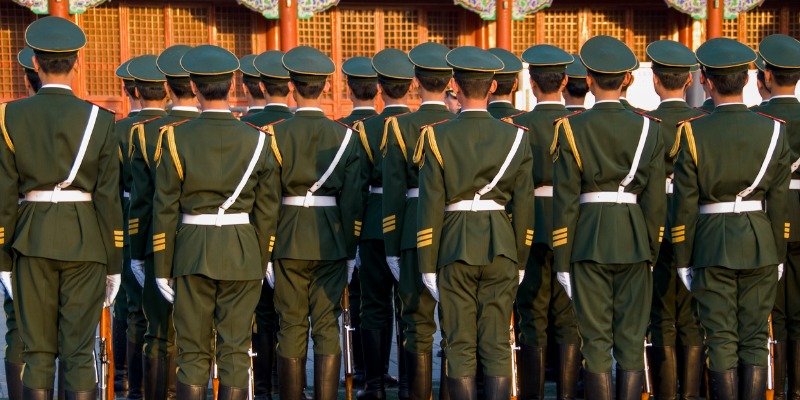Measuring human freedom—Hong Kong plummets to 46th worldwide

In the mid-1980s, Michael Walker, founding executive director of the Fraser Institute, along with Milton and Rose Friedman began an initiative that included six conferences over eight years with more than 60 participants—a who’s who of academics and scholars including three Nobel laureates—interested in trying to measure economic freedom. In 1996, that audacious initiative resulted in the landmark publication, Economic Freedom of the World. Today it’s published annually.
Years later, spurred on by a general interest in expanding the scope of the measurement of freedom, the Fraser Institute, specifically Michael Walker and Fred McMahon, began a process that paralleled the original program when trying to determine a way to measure economic freedom. A number of papers were commissioned and major conferences held to discuss, debate and discern how best to measure freedom more broadly.
The result was a major breakthrough with the publication of the first Human Freedom Index (or HFI) in 2015. It was the most comprehensive measure of freedom to-date, including indicators of personal and economic freedom as well as the necessary conditions for freedom such as security under the rule of law. Now the index is jointly published with the Cato Institute in the United States and uses 86 indicators to measure economic, civil and personal freedom across 165 jurisdictions. Simply put, the HFI measures the degree to which individuals are allowed to make their own life choices.
Among other things, the index includes indicators that capture the degree to which citizens are permitted to move freely, worship, express themselves, associate and assemble, and enter into relationships with whomever they choose. Because human freedom includes economic freedom, the authors also incorporate data from the Economic Freedom of the World index, which measures the degree to which people are free to make their own economic decisions.
The HFI is published annually, and the latest edition includes data from 2000 through 2021. In the latest edition, Switzerland was the freest country in the world for the third year in a row followed by New Zealand, Denmark, Ireland, Estonia and Sweden (tied for 5th). Canada took 13th place while the United Kingdom and the U.S. tied at 17th. According to the index, the least-free countries in the world are Iran, Myanmar, Sudan, Yemen and Syria.
The index suggests that Adam Smith was right to extoll the virtues of freedom. Those who are blessed to live in the freest jurisdictions in the world earn more than three times as much as those in the least-free. According to hundreds of peer-reviewed studies, freer people live longer and healthier lives. They are happier, more tolerant and better educated.
For the first seven years of HFI data, global human freedom gradually increased. But starting in 2007, freedom began to retreat worldwide and the decline only accelerated during the pandemic as governments everywhere increasingly violated the rule of law and restricted freedoms of movement, expression, association, assembly and trade.
This is particularly evident in Hong Kong. For many years, the tiny but densely populated Chinese territory was one of the freest places on Earth. After 99 years as a British colony, Hong Kong was returned to China in 1997, and under the principle of “one country, two systems,” the Chinese promised that the territory’s citizens would continue to enjoy their freedom. For a while they did. As recently as 2010, Hong Kong was the 3rd-freest jurisdiction in the world.
Since then, however, indicators of Hong Kong’s rule of law, freedom of expression and freedom of association and assembly have collapsed. Though COVID restrictions may have played a role, a notorious security law imposed in 2020 only accelerated the decline and by 2021, the territory had slipped to 46th in the world.
For those who value freedom, Hong Kong’s descent is a tragedy. For those who believe that freedom matters, it’s an opportunity to learn. Will its people continue to be some of the wealthiest in the world? Will they continue to live longer than anyone else on the planet? Time will tell.

